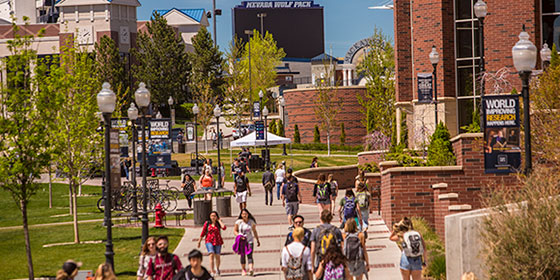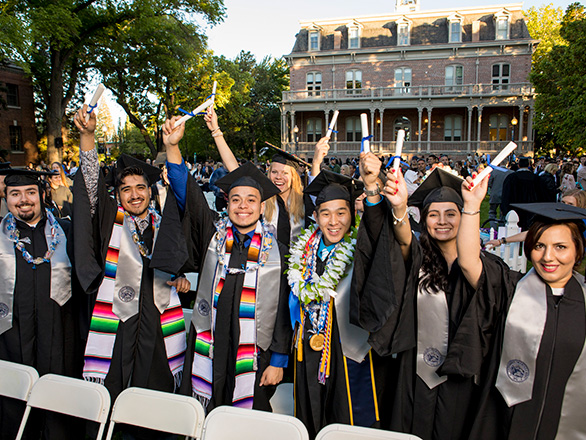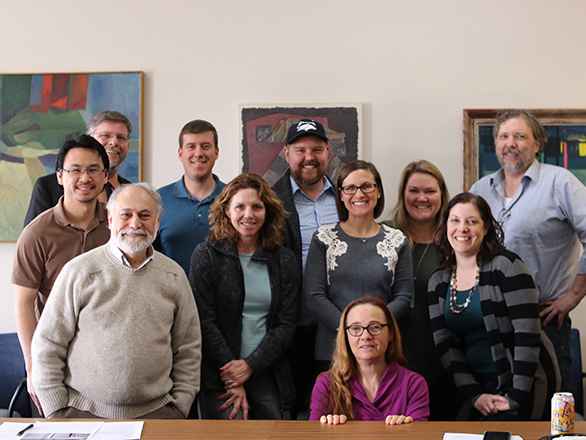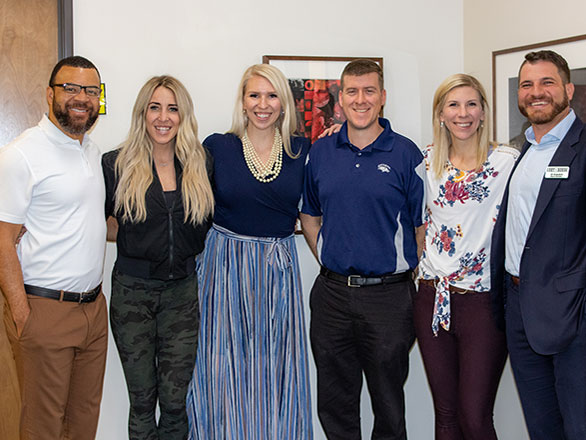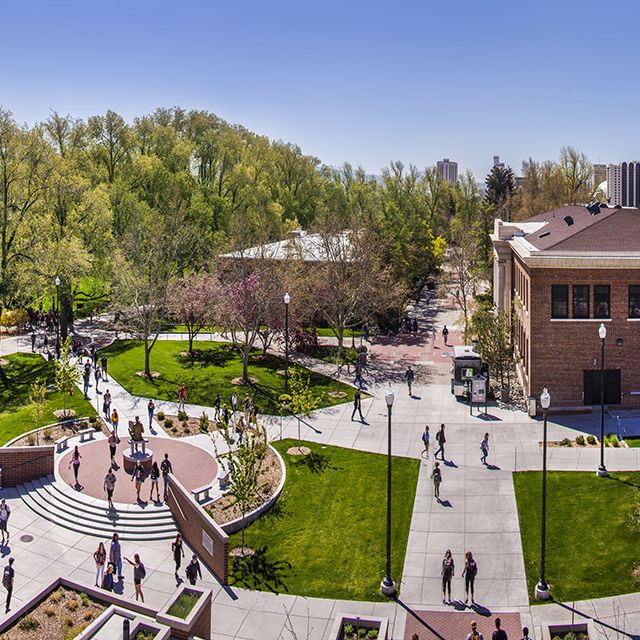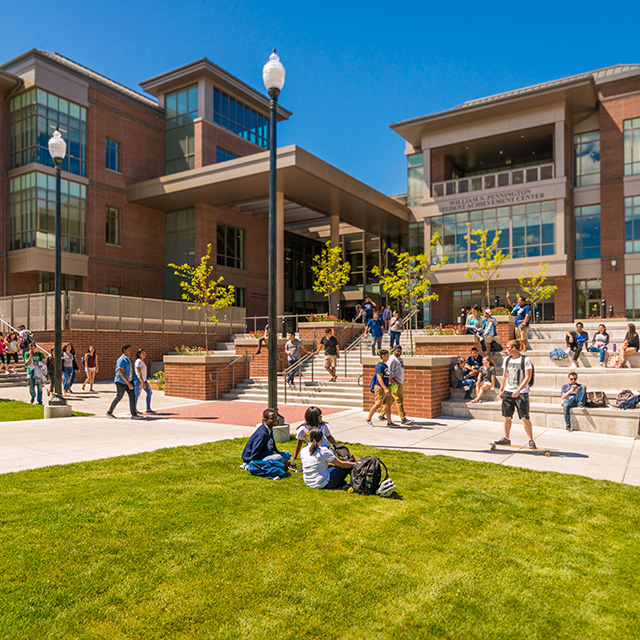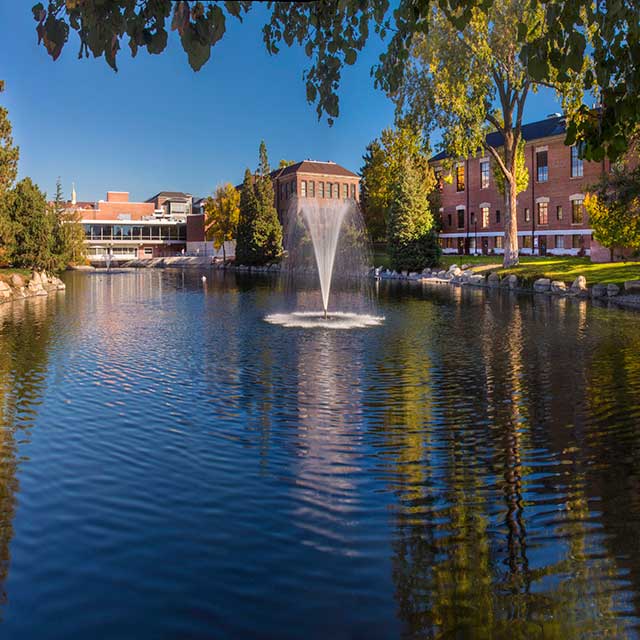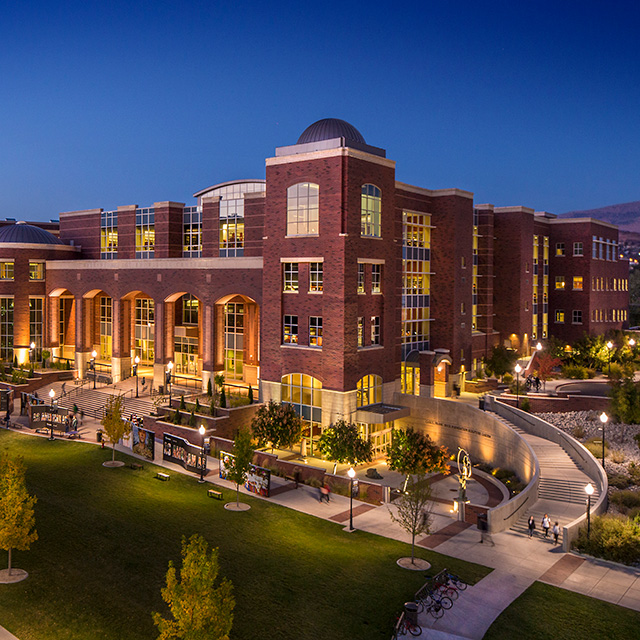About the school
The School of Social Research and Justice Studies at the University of Nevada, Reno combines the research expertise and scholarly interests of faculty in the Departments of Communication Studies, Criminal Justice and Sociology. It also houses the Grant Sawyer Center for Justice Studies, a state-wide program for research and public service. Additionally, the school includes the Judicial Studies and Justice Management degree programs. Faculty members in the school enjoy national and international reputations in their fields, publishing in the most prestigious professional journals and presenting papers at national and international conferences. The departments in the school provide a range of stimulating courses, undergraduate programs and graduate programs for students with an interest in understanding the dynamics of our complex world. The School brings together faculty with expertise in a wide range of related areas, pursuing the intersections between our social structures, the interactions in which we engage and the identities we develop. The school is particularly focused on research in communication, social processes, social structures and justice issues.
What we offer
Students majoring in any of the departments are encouraged to study across boundaries to broaden their academic experience. Students can either major or minor in any of the three academic areas represented in the school (communications, criminal justice, or sociology). The school includes several graduate programs, including an M.A. in Criminal Justice, an M.A. in Sociology and a Master's in Justice Management (offered online). The school also offers a Master's and Ph.D. program in Judicial Studies designed for sitting judges.
Situated within the College of Liberal Arts, the school benefits from relationships among a wide range of faculty. Furthermore, faculty members remain accessible to students because of small class-sizes campus-wide. Students in the school may seek careers in policy-making, social services, non-profit and government agencies, research and analysis positions, public service, public relations, human resources and in the legal system at various levels, from police officers to court manager. Many majors continue on to law school or professional/graduate school.
Mission
The School of Social Research and Justice Studies is an interdisciplinary collaboration that strives to support individuals, families and communities through rigorous research, effective teaching and community engagement. The School’s scholarship gives voice to diverse perspectives, informs policy and practice, and addresses the complex social issues faced in the 21st century. The School devotes itself to disseminating its research and scholarship to challenge students, practitioners and community members to think critically about social inequality and injustice and become agents of social transformation.



